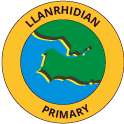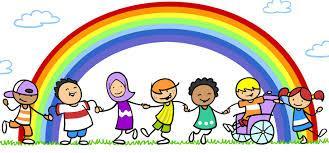Your Rights
Your Rights!
We are a Rights Respecting School!
In 1989, governments across the world adopted the United Nations Convention on the Rights of the Child (UNCRC), recognising that all children have the right to be treated with dignity and fairness, to be protected, to develop to their full potential and to participate.
In Llanrhidian we display a "right each month" and use this to promote discussions, lessons and assemblies. Here is our "Rights Calendar".
Month |
Right |
|---|---|
September |
To learn and go to school (Article 28) |
October |
To say what you think should happen and be listened to. (Article 12) |
November |
To not be harmed and be looked after and kept safe (Article 36) |
December |
To follow your own religion (Article 14) |
January |
To become the best that you can be (Article 29) |
February |
Everyone who works with children should always do what is best for each child (Article 3) |
March |
To a name and a nationality (Article 7) |
April |
To good food and water and to see a doctor if you are ill. (Article 24) |
May |
To a good standard of living (Article 27) |
June |
To relax and play (Article 31) |
July |
To life and be healthy (Article 6) |
It is our School Council's role is to make sure pupils are getting these rights. If you don't think you are, then please contact your class rep, or tell your teacher. If you prefer you can let us know using the form below.
I Need Help With My Rights!
Here is a list of your rights!
Article 1
Everyone under 18 has these rights.
Article 2
All children have these rights no matter what.
Article 3
Everyone who works with children should always do what is best for each child.
Article 4
The government should make sure that all these rights are available to all children.
Article 5
Governments should help parents to help you to know about and use children’s rights as you grow up.
Article 6
You have the right to life and to grow up to be healthy.
Article 7
Your right to a name and nationality.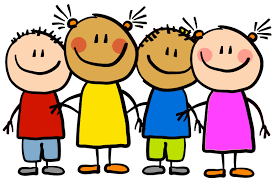
Article 8
The government should respect your right to a name, nationality and family.
Article 9
Your right to be with your parents if this is what’s best for you.
Article 10
Your right to see your family if they live in another country
Article 11
Your right not to be taken out of the country illegally.
Article 12
Your right to say what you think should happen and be listened to.
Article 13
Your right to have information.
Article 14
Your right to follow your own religion.
Article 15
Your right to meet with friends and join groups and clubs.
Article 16
Your right to have privacy.
Article 17
Your right to honest information from newspapers and television that you can understand.
Article 18
Both parents share responsibility for bringing up their children, and they should always think about what is best for each child.
Article 19
You should not be harmed and should be looked after and kept safe.
Article 20
You should be looked after properly if you can’t live with your own family.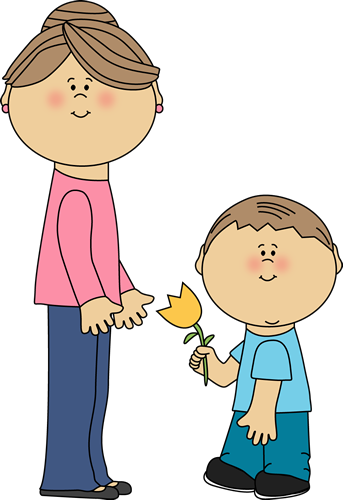
Article 21
Your right to live in the best place for you if you can’t live with your parents.
Article 22
Refugee children have the same rights as children born in Wales.
Article 23
Your right to special care and support if you have a disability so that you can lead a full and independent life.
Article 24
Your right to good food and water and to see a doctor if you are ill.
Article 25
Children who are not living with their families should be checked on regularly to make sure they are okay.
Article 26
The right to extra money if your family hasn’t got enough to live on.
Article 27
Your right to a good standard of living.
Article 28
Your right to learn and go to school.
Article 29
Your right to become the best that you can be.
Article 30
Your right to use your own language.
Article 31
Your right to relax and play.
Article 32
You should be protected from work that is dangerous.
Article 33
You should be protected from dangerous drugs.
Article 34
The government should protect children from sexual abuse.
Article 35
You have a right not to be sold.
Article 36
You should be protected from doing things that could harm you.
Article 37
Your right to be treated fairly if you break the law.
Article 38
Children should be protected during a war and not allowed to fight in the army if they are under 15.
Article 39
Children should get special help if they have been abused.
Article 40
Your right to legal help if you have been accused of breaking the law.
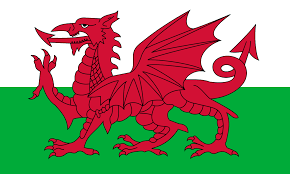 Article 41
Article 41
If the laws in your country protect you better than the rights in this list, those laws should stay.
Article 42
The government must let children and families know about children’s rights
Articles 43-54
These articles discuss how governments, and organisations like ours should work to ensure children are protected in their rights.
We've All Got Rights
'We've all got rights' is a fantastic song and animation by children and staff from Crosby High School, a Unicef UK Rights Respecting School in Liverpool.
UNCRC United Nations Convention on the Rights of the Child - introduction video
The United Nations Convention on the Rights of a Child is an international agreement that protects the human rights of children under the age of 18. This short film that shows how the power of words can make a big difference when changing attitudes towards the UNCRC.
Super Ambassadors Presentation










